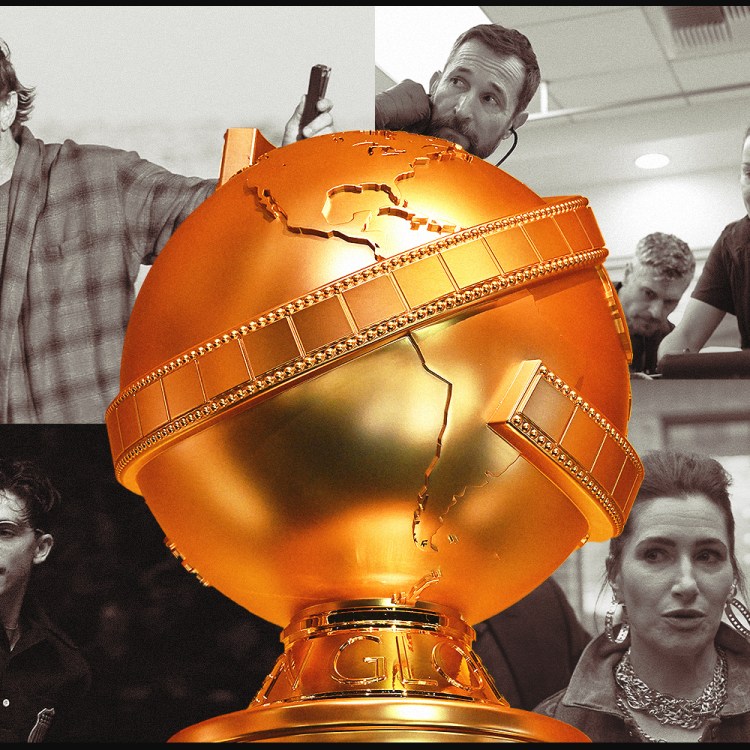Could growing one of the most dangerous and widespread poisons in space help unlock an antidote for its deadly effects? That’s what scientist are hoping, by growing organophosphates (OP) onboard the International Space Station.
This type of poison has been in the news recently. Sarin gas, which includes OPs, was reportedly deployed to kill dozens and injure hundreds more in the Syrian civil war recently. And President Donald Trump’s administration recently moved to retract bans on OP-based pesticides, which have been linked to brain damage in children.
Crystalline acetylcholinesterase is the enzyme in humans that is targeted and inhibited by OPs. The ISS provides a perfect environment to grow uniform samples of this enzyme. They are being grown as part of a National Institutes of Health initiative—Countermeasures Against Chemical Threats (CounterACT)—that aims to improve medical outcomes for victims of chemical attacks.
The station has a microgravity environment, which allows crystalline structures to form with fewer imperfections than when grown on the Earth’s surface. As a results, the crystals have properties that would be impossible to produce in a gravity-bound lab.
The experiment arrived on the station in June and the ISS crew is currently nurturing a batch of large crystals in orbit. They hope that learning the protein structure will help them design “better, faster-acting antidotes that can be used against pesticide and nerve agent poisoning” reports Vice.
This is not the first time the space station has been used for science. Previously, crystals were grown on ISS to research Huntington’s Disease and radiation-detection equipment.
This article appeared in an InsideHook newsletter. Sign up for free to get more on travel, wellness, style, drinking, and culture.
























